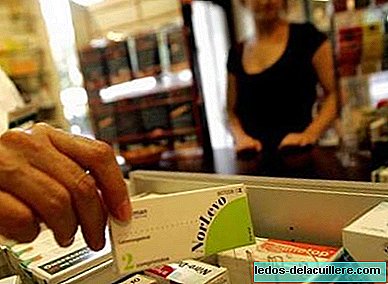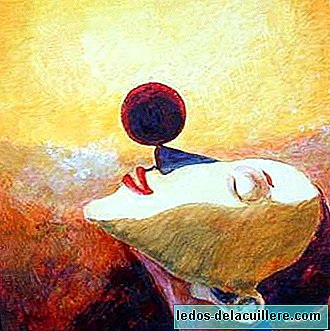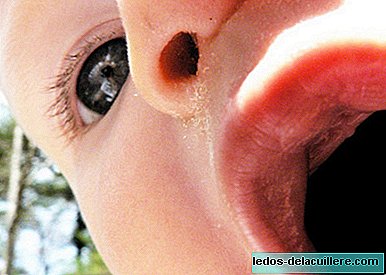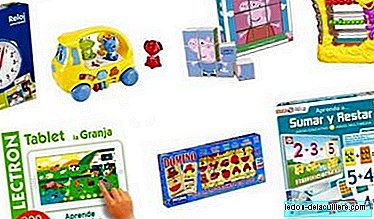
Until now it could only be administered in health or family planning centers and a couple of days ago a story came out that will speak (and much): in three months the morning after pill can be purchased without a prescription in pharmacies
The postcoital pill is used every year by more than 500,000 women in Spain and its mission is to avoid unwanted pregnancies.
One of the reasons why this measure will be carried out is the number of abortions performed in 2007, 10% higher than in 2006 and with such scandalous figures that 660 women aborted for the sixth time that year.
These data are considered by the Ministry of Health as a serious problem to be solved, and one of them is free access to the pill the day after for a price that will be around 18 euros.
The debate is served, as some sectors believe that this measure will make young people less likely to have unprotected sex and even talk about this pill as if it were an abortive method.
WHO argues in this regard that it is an essential medication, since “Every woman of reproductive age may need, at some point, emergency contraception to avoid an unwanted pregnancy”. Every woman of reproductive age means any woman, regardless of age.
This measure is already being carried out in other countries such as France, United Kingdom, Belgium, United States, India or Portugal, where it has proven effective in preventing unwanted pregnancies. In France, for example, there was a 20% decrease in the number of abortions since the non-prescription sale of the aforementioned postcoital pill was implemented.
Some medical groups do not agree, because they consider that lose contact with women and the possibility of offering a sexual education that helps prevent risk situations with the proper use of contraceptive methods: "It would be better if the pill was given free in health centers because that would lead the medical advice in parallel" considers Juan José Rodríguez Sendín, president of the Collegiate Medical Organization.
It is also feared that many young women reiterate the purchase of the postcoital pill, since there will be no control over the amount of pills given to the same person.
Concha Martín Perpignan, president of the Family Planning Association of Madrid, comments that “People don't usually repeat frequently. It only occurs in 13% or 15% of cases. It is not used as a usual method, especially since it is less safe, but in an emergency it can prevent up to 40% of voluntary interruptions of pregnancy. ”
And it is true, the effectiveness is lower than with the use of contraceptives (they are usually around 99% effective). If the postcoital pill is taken within 24 hours after intercourse it is 95% effective. Between 25 and 48 hours it is 85% and between 49 and 72 hours 58%.
There is much fear for young women, but records in Catalonia say that of the women who took it last year only 4.5% were under 16.
What is your opinion?
I agree that the morning after pill (or the next day) must be free access, even free as it had been in many autonomous communities, but dispensed in a health or family planning center where women (and especially girls) can be informed (without judgments or prejudices ) on its use, risks and preventive measures to have safe sex.












